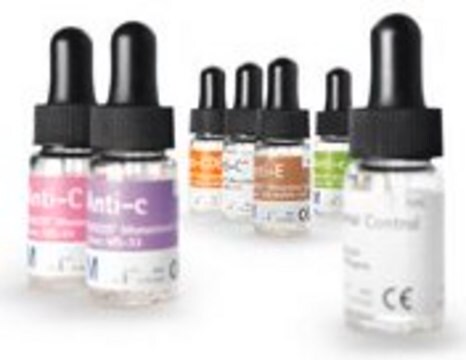EHU081751
MISSION® esiRNA
targeting human DNM1L
About This Item
Productos recomendados
descripción
Powered by Eupheria Biotech
Nivel de calidad
Línea del producto
MISSION®
formulario
lyophilized powder
secuencia objetivo ADNc esiRNA
TTTTTCACCCAACGTTGTCAATTTGACACTTGTGGATTTGCCAGGAATGACCAAGGTGCCTGTAGGTGATCAACCTAAGGATATTGAGCTTCAAATCAGAGAGCTCATTCTTCGGTTCATCAGTAATCCTAATTCCATTATCCTCGCTGTCACTGCTGCTAATACAGATATGGCAACATCAGAGGCACTTAAAATTTCAAGAGAGGTAGATCCAGATGGTCGCAGAACCCTAGCTGTAATCACTAAACTTGATCTCATGGATGCGGGTACTGATGCCATGGATGTATTGATGGGAAGGGTTATTCCAGTCAAACTTGGAATAATTGGAGTAGTTAACAGGAGCCAGCTAGATATTAACAACAAGAAGAGTGTAACTGATTCAATCCGTGATGAGTATGCTTTTCTTCAAAAGAAATATCCATCTCTGGCCAATAGAAA
Ensembl | nº de acceso humano
Nº de acceso NCBI
Condiciones de envío
ambient
temp. de almacenamiento
−20°C
Información sobre el gen
human ... DNM1L(10059) , DNM1L(10059)
Categorías relacionadas
Descripción general
For additional details as well as to view all available esiRNA options, please visit SigmaAldrich.com/esiRNA.
Información legal
¿No encuentra el producto adecuado?
Pruebe nuestro Herramienta de selección de productos.
Código de clase de almacenamiento
10 - Combustible liquids
Punto de inflamabilidad (°F)
Not applicable
Punto de inflamabilidad (°C)
Not applicable
Certificados de análisis (COA)
Busque Certificados de análisis (COA) introduciendo el número de lote del producto. Los números de lote se encuentran en la etiqueta del producto después de las palabras «Lot» o «Batch»
¿Ya tiene este producto?
Encuentre la documentación para los productos que ha comprado recientemente en la Biblioteca de documentos.
Nuestro equipo de científicos tiene experiencia en todas las áreas de investigación: Ciencias de la vida, Ciencia de los materiales, Síntesis química, Cromatografía, Analítica y muchas otras.
Póngase en contacto con el Servicio técnico